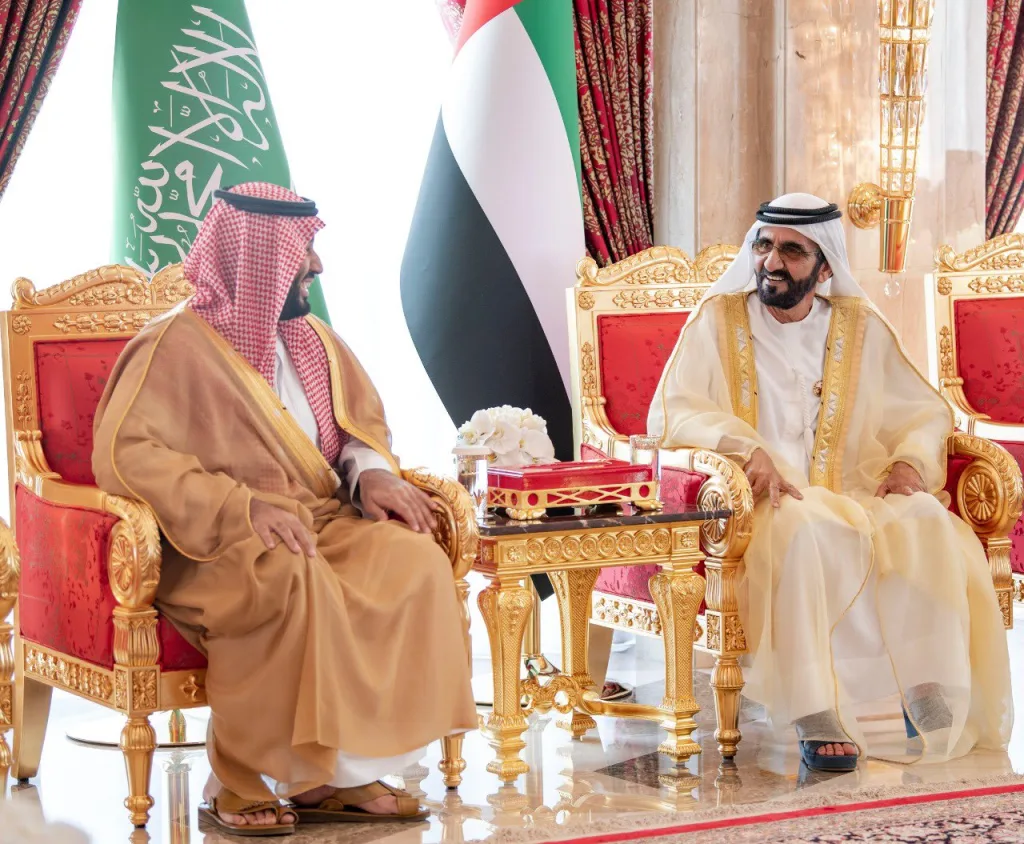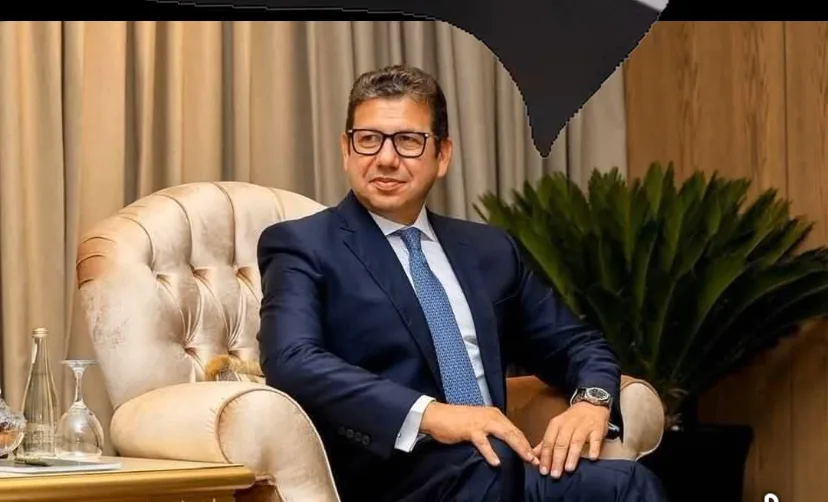The Cold War of Reconstruction: Why Arab Giants Are Starving Gaza for Peace
CJ Global Special Report:
The path from a fragile truce to lasting peace in the Gaza Strip now hinges on navigating a crucial and perhaps insurmountable hurdle:
the second phase of the US-brokered peace plan. This transition was the central focus of the recent, highly strategic visit by Egypt’s Intelligence Chief, Major General Hassan Rashad, to Tel Aviv, Israel.
Currently in a delicate ceasefire, the region is bracing for the next, most contentious steps:
The rebuilding of Gaza and the disarmament of Hamas.
Maj. Gen. Rashad’s meeting with Israeli Prime Minister Benjamin Netanyahu and his security team in Jerusalem was the first by a senior Egyptian official since the outbreak of the war. Its purpose was clear: to stabilize the ceasefire and discuss the roadmap for the long-term future of the enclave—a future Egypt, the U.S., and Israel agree cannot include an armed Hamas.
Headline Points:
The Transition to Phase Two
• Tel Aviv Talks: Gen. Rashad’s visit focused on advancing President Trump’s 20-point peace framework, specifically addressing obstacles to humanitarian aid and the implementation of the second phase.
• Phase Two Mandate: The next stage demands the disarmament of Hamas, the formation of an internationally-supervised Palestinian committee to govern Gaza, and massive, internationally-funded reconstruction efforts.
• Gulf Aid Blockade: Saudi Arabia (KSA) and the United Arab Emirates (UAE) have publicly and firmly tied any substantial financial aid for Gaza’s estimated $70 billion reconstruction to the complete disarmament and removal of Hamas from governance.
• The Hidden Agenda: This refusal to donate to reconstruction without disarmament is widely seen as a significant pressure tactic, yet it creates a political paradox as Hamas receives tacit support from other regional actors not to disarm.
The Disarmament Dilemma and the Arab Paradox

The most significant roadblock to Phase Two is the mandated disarmament of Hamas. While the U.S.
and Israel insist that Hamas must lay down its offensive weapons to ensure security, the necessary funds for Gaza’s reconstruction—the ultimate incentive for the war-weary Palestinian population—remain frozen due to a deeply entrenched political feud within the Arab world.
Major Arab economic powerhouses, namely the Kingdom of Saudi Arabia and the United Arab Emirates, have made their position unequivocal:
they will not contribute funds, nor participate in a multinational security force, as long as Hamas remains armed and in de facto control of any part of Gaza. Riyadh and Abu Dhabi view Hamas, which has strong ties to their regional rival, Qatar, and its political Islam ideology, as a fundamental destabilizing force.
The Unknown Behaviour:
This stance, while strategically aligned with Israeli and U.S. security demands, creates a perplexing scenario.
The Arab giants are effectively starving the reconstruction process to force a Hamas concession, but in the background, other regional powers—and some elements within the general Arab consensus—are seen as passively or actively encouraging Hamas to resist laying down its arms.
This creates a powerful unknown behaviour or hidden agenda, where the political value of Hamas’s continued resistance is prioritized over the immediate humanitarian need for reconstruction, leaving the residents of Gaza caught in the middle.
The resulting dynamic is a “cold war of reconstruction,” where financial aid is wielded as a political weapon.
Egypt’s Balancing Act and the Road Ahead

Egypt, through Maj. Gen. Rashad’s critical shuttle diplomacy, is attempting to bridge this massive strategic gulf.
Cairo has consistently positioned itself as the pragmatic mediator, focusing on practical steps like the release of hostages, the increase of humanitarian aid, and convening Palestinian faction talks to establish a unified post-Hamas governing mechanism.
The Egyptian proposal for Phase Two is multi-layered:
it calls for a reformed, internationally-vetted Palestinian Authority to return to Gaza, a mechanism for international monitoring of the reconstruction funds, and a gradual, supervised demilitarization process.
Rashad’s meeting with Netanyahu was aimed at gaining Israeli concessions—specifically regarding the movement of aid and the political horizon—that would provide Hamas with a legitimate off-ramp from the conflict and encourage Arab donors to unlock their funds.
However, the chasm remains wide. Arab donors demand disarmament before funding; Hamas demands funding and political guarantees before discussing disarmament.
For the Egyptian effort to succeed, Cairo and Washington must not only compel Israel and Hamas to commit to the principles of Phase Two but also resolve the internal Arab dispute that is currently blocking the financial lifeline needed to rebuild Gaza and create a stable “day after.”
The visit by General Rashad was less a celebration of the ceasefire and more an urgent alarm bell, signaling that the toughest diplomatic challenges for lasting peace still lie ahead.
